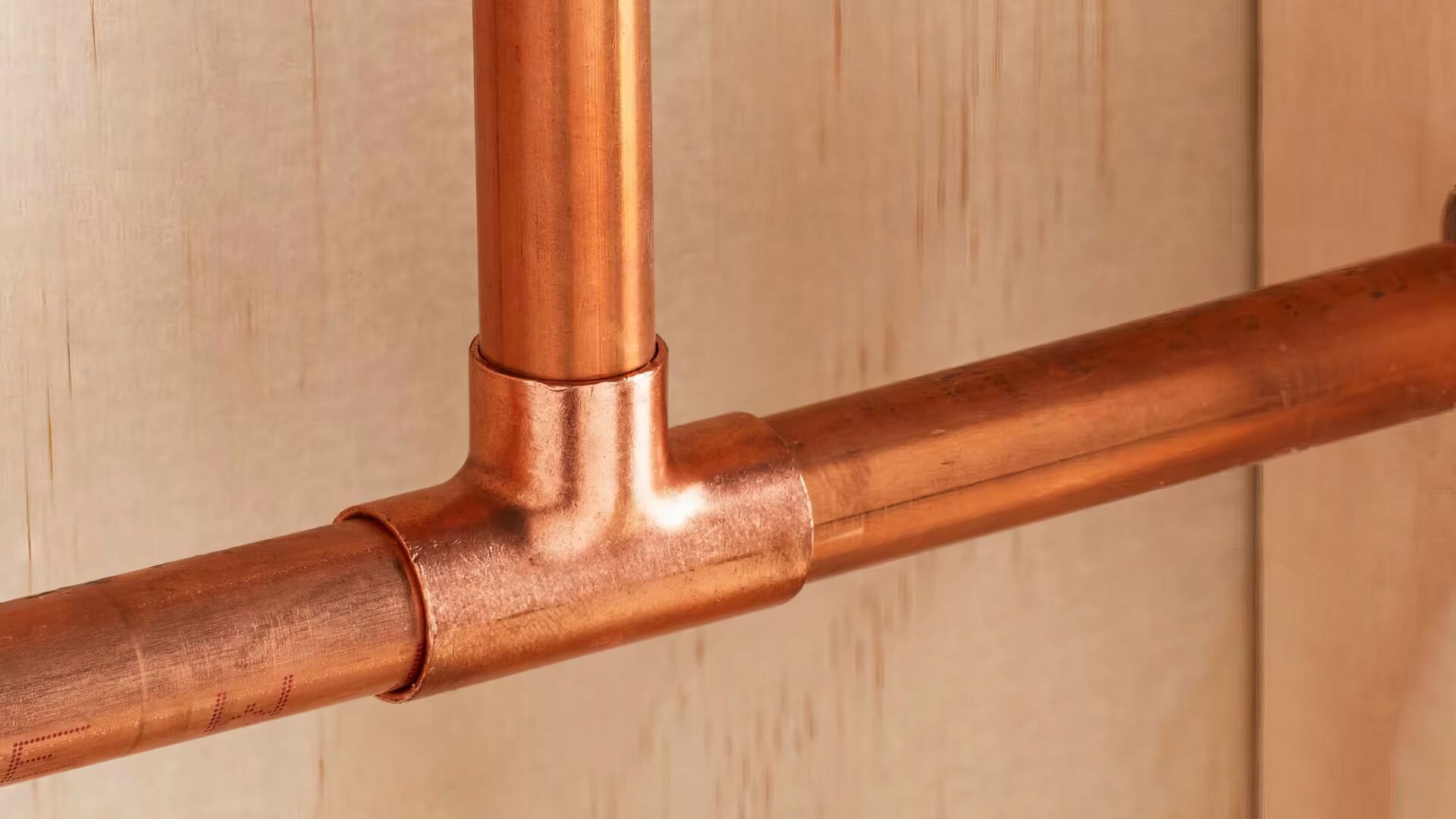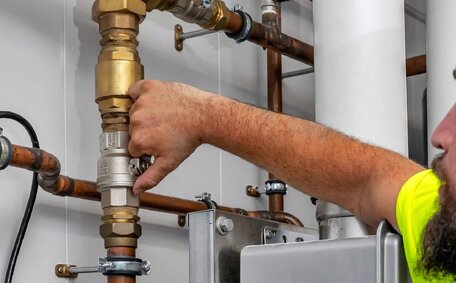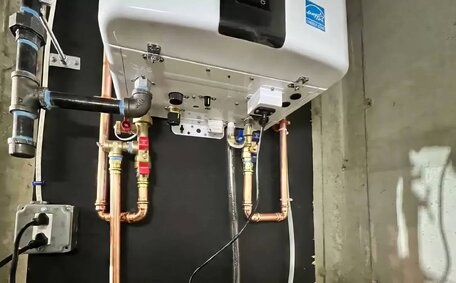Use Drain Strainers to Catch Debris
Drain strainers are a simple yet highly effective solution to prevent blocked drains and clogs. Drain strainers are essential filters nestled in a shower drain that intercept hair, food, and various particles before they find their way down the pipe.
There are a few types of drain strainers to choose from:
- Silicone drain strainers - These bendy silicone filters are suited to various shower drainage systems and catch debris whilst still letting water flow.
- Metal strainers - Durable stainless steel or chrome strainers with small perforations to filter out particles.
- Drain screens - Fine mesh screens placed over existing drains.
Fitting drain strainers in frequently used sinks and showers is a vital step to avert potential clogs and backups. Over time, the debris caught by a drain strainer can be simply removed and thrown away.
Regularly clearing debris from drain strainers ensures blockages are intercepted before they compromise your plumbing system. This straightforward strategy saves more time, money, and hassle compared to dealing with obstructions in your drain pipes.
Avoid Pouring Fats, Oils and Grease Down Drains
Thwarting blocked drains begins with not pouring fats, oils, and grease down your household drains. These cooking oils and similar substances can cause blocked drainage when they cool and solidify, adhering to the sides of drains and severely restricting water flow.
Hardened oil grease can build up inside your drainage system and cause complete clogging over time. Attempting to rinse oil down sink with hot water can exacerbate clogs as it solidifies within the pipes.
The best approach to avoiding blocked drains is to prevent oils, fats, and grease from going down your drains entirely. Instead, let cooking fats cool and transfer them to a sturdy container for proper disposal. This keeps drains clear and plumbing functioning smoothly.
Failing to address oil and grease buildup can lead to costly repairs due to drain blockages, backups, and potential plumbing damage. But following these tips how prevent plumbing mishaps protects households from unnecessary disasters.
Dispose of Food Waste Properly
Improper disposal of waste down the kitchen drain is a major cause of sewer blockages, yet it’s entirely preventable. Allowing food scraps, fats or oils to be washed down your kitchen sink builds up over time. As debris accumulates, it restricts water flow leading to backups and clogs.
Avoid allowing the buildup of grease from food items in your sinks or toilets; this keeps your kitchen sink clear and plumbing in optimal condition.
Fats, oils and greasy food residue should be cooled, consolidated and thrown out with non-flushable items to ensure they are not flushed down drains.
For sinks featuring waste disposals, you can easily ensure that running ample cold water during operation helps flush pulverised waste through. You can use ice cubes, citrus peels or bones to regularly clean the unit’s walls and blades. Follow manufacturer instructions to prevent jams and deterioration causing costly repairs or replacement.
Ensure that you do not overload waste disposals during a single use.
To truly prevent drain blockages, limit future drainage issues and ensure household plumbing efficiency, take care to properly dispose of all food waste instead of washing it down drains.
Prevent Hair Buildup in Bathroom Drains
Hair buildup is a leading cause of slow drains and blockages in bathroom sinks, showers, and bathtubs. Long strands of hair washing down from showers and sinks wind up collecting into blockages that are some most difficult to penetrate.
Deploy hair catchers or drain screens as an effective measure to minimize clogged drains from hair buildup. Hair catchers with fine mesh filters sit over your sink or shower drains, trapping loose strands while still allowing water to pass.
You might think just the collected hair and an excess of toilet paper can be cleaned off and disposed of regularly. Drain strainers should also be removed and cleaned routinely to prevent excessive residues of hair, soap scum, and gunk from accumulating.
Periodically flushing drains with boiling water is an effective bathroom drain maintenance technique. Making it routine to pour boiling water directly down the drain can help clear your pipes of minor obstructions and maintain free-flowing water.
Actively capturing hair at the source and performing quick preventative care limits chance for accumulation. Taking these easy steps reduces the likelihood of dealing with a clogged drain in your bathroom.
Never Flush Non-Flushable Items
Flushing items not designed to be flushed down toilets can severely damage plumbing systems. Items like wet wipes, tissues, paper towels, which may become lodged in sewer pipes, along with sanitary products, cotton balls, and disposable gloves, should never be flushed.
Though these items may seem harmless, they do not break down anywhere near as effectively as toilet paper does. Instead, they snag in pipes, collect debris and cause stubborn blockages over time.
Ensure all household members, particularly children, understand proper toilet usage and disposal methods for non-flushables to prevent them from the risk to get into your pipes. Provide conveniently located waste bins and clear labelling for these items as a helpful reminder.
Flushing too much toilet paper, in addition to human waste, places households at risk for blockages in drains, potentially leading to a damaged plumbing system, embarrassing sewer spills, and costly repairs. Keep drains clear and plumbing operating smoothly by responsibly containing and trashing unflushable products.
Use Baking Soda and Vinegar for Routine Drain Maintenance
A homemade drain cleaner made from vinegar and baking soda is an effective way to keep drains clean and clear minor clogs. After the reaction has had time to work, pour boiling water down the drain to wash away any dislodged residue.
Pour a cup of baking soda down the drain, followed by half a cup of vinegar. The reaction, effervescent and bubbling, demonstrates the best way to utilise a cup vinegar and baking soda to prevent clogs.
Performing this routine maintenance monthly or biweekly can help get rid of blockages and keep water moving effortlessly. It also leaves pipes fresh and free of odours. While useful for minor clogs, significant obstructions still require professional drain cleaning services.
Overall, utilising pantry staples like baking soda and vinegar is an accessible, non-toxic way households can self-maintain drains between professional cleanings. Remember not to overuse bicarb soda or vinegar, and always use boiling water as the final step to flush down drains.
Have Professional Drain Inspections
Regular professional drain inspections serve as a preventive measure against serious pipe blockages and damage. Annual inspections allow plumbers to assess drain health, check for intruding tree roots, and clean out existing buildup before it turns into a major clog.
In areas like Epping where tree root infiltration is common, more frequent drain inspections may be recommended. As roots make their way into pipes, they amass debris and progressively restrict water flow. A minor root issue caught early can be managed better than an extensively rooted system.
During inspections, plumbers can also spot early signals of pipe damage or deterioration where issues can occur. Early detection gives homeowners a chance to rectify problems before total failure. High pressure water jets clear stubborn obstructions, restoring free flow to drainage pipes.
Periodic professional drain check-ups are key to reducing the risk of inconvenient, messy, and costly plumbing disasters. It gives households peace of mind knowing their plumbing systems are being well-maintained from the inside out.
Be Mindful of What Goes Down Drains
Mindfulness about what goes down your drains is crucial in preventing blockages. Make sure all family members are informed not to pour fats, oils, greases, or food waste down the sink or down toilet. Throw only toilet paper and human waste in toilets, avoiding wipes and other unflushable products.
Installing drain strainers and hair catchers is a reliable method to prevent blockages.
Performing small maintenance tasks that drains your resources routinely, like flushing with baking soda and vinegar or boiling water, removes minor buildup before problems occur. Yet even diligent households can get professional drain inspections yearly, or more often if issues persist.
To prevent blocked drains, it is essential to understand the items commonly causing issues within your drainage system. From daily usage mindset shifts to regular maintenance and knowing when to call a plumber, households must take an integrated approach.
Contact your local Central Coast Epping Plumbing to unblock your drains if you suspect looming problems or encounter any plumbing issues. Our expert team is ready to help keep your home’s pipes and drains fully operational.






